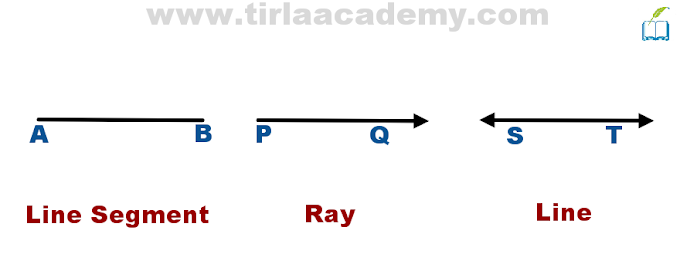Have you ever met someone whose presence alone commands attention—not because of their job title or authority, but simply because of who they are? That invisible force they wield is called personal power. It’s not about control over others, but the influence you naturally inspire by being your authentic self.
Understanding Personal Power
Personal power is the inner strength and confidence that allows you to influence people, make decisions, and create change without relying on external authority or formal titles. Unlike positional power, which comes from your role or status, personal power comes from within—it’s about your skills, values, charisma, and how you show up in the world.
The Types of Personal Power
-
Expert Power
This comes from your knowledge, skills, and expertise. When people recognize your abilities, they trust your judgment and listen to your advice. -
Referent Power
This type of power is based on likability and respect. When others admire your character or relate to you, you naturally gain influence. -
Connection Power
Having strong relationships and networks boosts your personal power by opening doors and building trust. -
Informational Power
Access to valuable information gives you power, especially when you share insights that help others make better decisions.
Why Personal Power Matters
When you develop your personal power, you become more confident in your decisions and interactions. It helps you lead effectively, inspire others, and navigate challenges with resilience. Personal power is key to building lasting relationships both professionally and personally.
How to Build Your Personal Power
Know Your Strengths: Identify what you’re good at and what makes you unique.
-
Be Authentic: People connect with genuine authenticity more than a polished façade.
-
Develop Expertise: Keep learning and improving your skills to build trust.
-
Build Relationships: Invest time in meaningful connections and listen actively.
-
Communicate Clearly: Express your ideas confidently and respectfully.
-
Practice Self-Awareness: Understand your emotions and triggers to respond thoughtfully.
Final Thought
Personal power isn’t about dominating others—it’s about empowering yourself to make a positive impact. When you tap into your unique strengths and values, you inspire respect, trust, and influence naturally.





